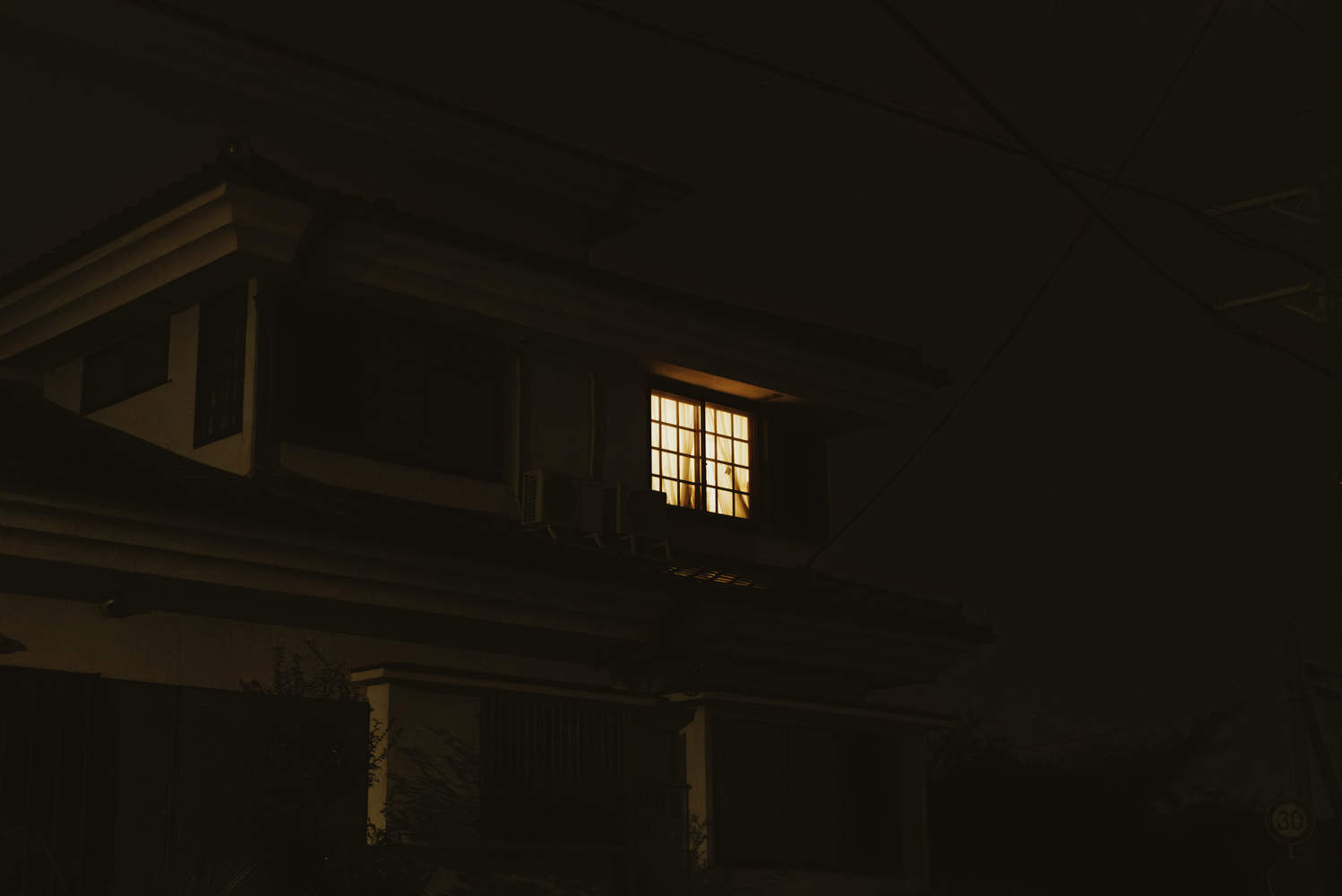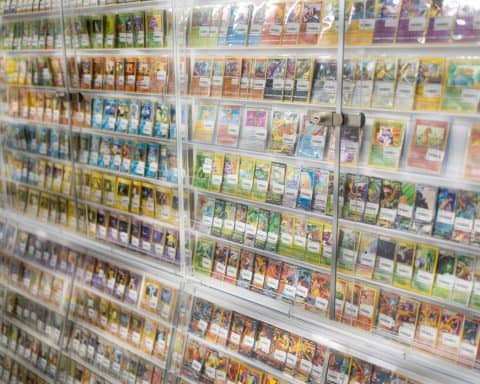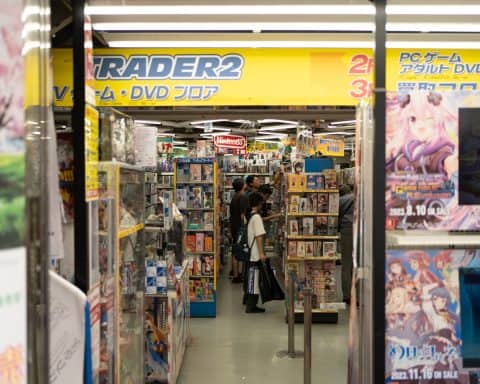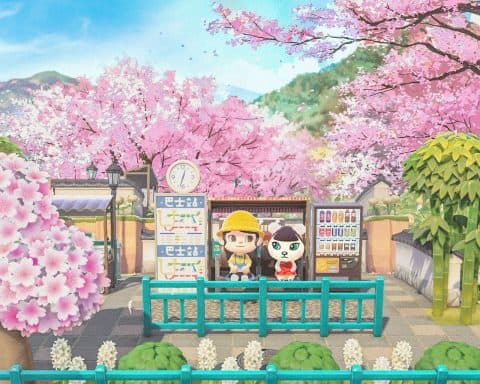So, you know how some people love getting spooked by horror movies, right? Well, I’m not exactly one of them. Horror movies often leave me more bored than scared, but Japanese horror films seem to hit differently.
Japan is so good at horror because it plays on the fears that its audience already has. Usually, this is in the form of mixing ancient folklore, ghost stories, and a touch of modern horror at the same time. This leads to reality-based fear that is often more psychological than visual, onscreen horror.
Whether through TV shows, movies, or games, Japanese horror is fascinating and often considered some of the best in the world. So, let’s delve a little deeper into some of the reasons why that’s the case.
1. History and tradition
Much of Western horror seems to try and be scary just for the sake of it. Whatever form that takes, it never seems to go deeper.
Japanese horrors on the other hand are often (not always) grounded in a sense of mythology, ancient folklore, and tradition.
The stereotypical long-haired, white face image of a spirit that I’d wager you’ve seen before is originally based on a drawing by Maruyama Ōkyo. These distinctive features of Yūrei, or Japanese ghosts, gained widespread recognition through traditional theatrical forms like Noh (能, Nō) and kabuki (歌舞伎).
However, what truly sets Japanese horror apart is its ability to harness elements of supernatural suspense. Rather than presenting a clear and visible antagonist, Japanese horror films have long thrived on the concept of entities lurking in the shadows, only briefly glimpsed.
Let’s take Netflix’s time loop movie Re/Member (A movie adaptation of Karadasagashi (Body Search) – a horror manga). After I wrote an extensive review on this movie for the popular entertainment site Den of Geek, it was clear to me how much depth the story had (even if the film itself was pretty awful).
In this film as well as many other Japanese horror films (and books, series, etc.) you’ll almost certainly have some sort of reference to one or more of the following:
Reikon 霊魂 – A persons spirit
Onryō – a ghost seeking vengeance
Long-haired, white-faced spirit – Based on the drawing of Maruyama ōkyo
Yūrei – ghosts (popularised by traditional theater like noh (能, Nō) and kabuki (歌舞 伎)
Yes, it’s heavily based on spirits, folklore, and mythology, but the stories we’re presented with are stronger because of this relation. Having lived in Japan I can tell you that the vast majority of people believe in ghosts and so they make the perfect subject of a lot of horror.
2. The cultural difference
Japan has a vastly different culture from other countries, specifically those in the west. It stands to reason then, that what interests and excites Japanese directors is likely to be different than Western horror directors.
For instance, a big part of Japanese horror (and what makes them so successful in my opinion) is their frequent grounding in Japanese folklore/mythology as we just discussed. I’ll understand if you screwed your face up when I said something was grounded in mythology, but it genuinely gives a lot of movies the direction that they need.
I would hazard a guess that if you put a few famous (or ordinary) western horror films in front of a Japanese audience, they may not consider it as scary or perhaps they might not consider it under the horror genre in the first place.
That’s not to say it wouldn’t make people jump, but Japanese horror is such a specific genre of entertainment that comparing it to the Western horror that you and I are used to is not so easy. Who knows, there might be a number of Japanese forums on the internet dedicated to the love of that genre, though, I can’t find them!
3. The Unknown
One of the main reasons that Japanese horror is so good (or at least seems that way) is simply because it’s unknown. We’re so used to Western-style horror that we’ve come to recognize the frequent tropes of the genre and things don’t scare us like they used to.
Gruesome deaths and direct scares where the audience knows what’s going on are frequent in the West. In Japan, things can be a lot more subtle, and it is usually about simply dealing with a situation rather than running away from something trying to kill you. Ju-on: The grudge is a great example of this.
Other examples include tradition-based J-horrors like the Ju-on series and No-roi, Urban legend Japanese horrors like Teketeke or The Slit-mouthed Woman, and horrors that play on technological fears like Pulse, One Missed Call, and Phone.
I think it’s also worth mentioning that the audience in the West seems to demand absolute answers from the horrors they watch. Nothing can be left to chance, and all the questions need answering in the end. Japan does things differently and there’s plenty of ambiguity throughout the story and often at the end as well.
Perhaps the directors see giving the audience answers as a comfort they shouldn’t have, whereas if they were to leave parts of the story unexplained and unknown, it’s a mind game that goes on long after the movie ends.
This deliberate obscurity taps into the audience’s imagination and fear of the unknown and as far as I’m concerned makes a much better movie overall. Well, scarier at least – I’m still too much of a scaredy cat to watch them though…
4. Detachment from fantasy
This is something I’ve only recently thought about but I think it’s a very interesting point to discuss on why J-horror is so good. To explain this point fully, we need to first examine what makes a lot of Western horror so terrible.
The vast majority of horror movies I’ve watched just seem so unbelievable. Escape room, SAW, cabin in the woods, I just don’t get it. The problem is, that they aren’t based on anything or any belief, which makes them weak to begin with.
When they don’t have a strong enough grounding or reason for existing, much of what happens is done for shock value or in an attempt to scare, and that often fails.
On the other hand, some Japanese horror feels as though it’s a documentary. It’s hard to explain until you’ve watched one yourself, but the slight documentary feeling you get from some of these films removes it further from the realms of fantasy and pushes it closer to reality.
It’s this shift that makes the stories feel like they could be a reality, and thus a better example of horror. Of course, when most are grounded in mythology, ghost tales, and folklore, this tends to work better on a Japanese crowd.
5. We only see the best of them
The final reason why Japanese horror is often considered to be really good is simply because we see the best of it. You’ve probably seen the Korean movie ‘Parasite’ and the series ‘Squid Games’ but how many others have you seen?
I can guarantee you that for every great Japanese horror film, there’s probably another 10 terrible ones.
We know that Japanese entertainment is almost always catered to a Japanese audience (with little interest in taking it internationally) from both J-dramas and J-pop, and Japanese horror (J-horror) is the same. With the first two forms of entertainment, this becomes problematic, but with horror, it actually works in Japan’s favor.
By not trying to tailor their horror to an international audience (Other than re-writing the story, I’m unsure how they’d do this), Japanese horror keeps doing what it’s best at. It keeps itself original and unique for the international audience and makes for a novel and new horror-watching experience.
Therefore, we end up seeing the best, freshest horror ideas with no clue what to expect, while the bad Japanese horror (which there definitely is), doesn’t make it to our screens. Works for me! Perhaps I’ll start watching them more frequently, with the lights on of course!








